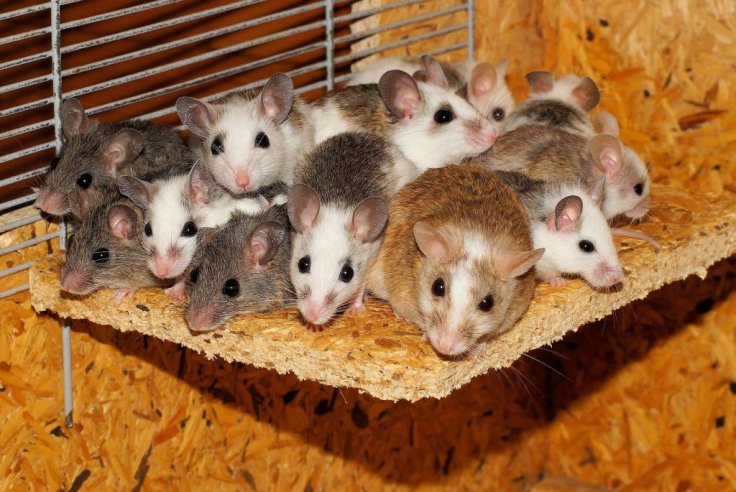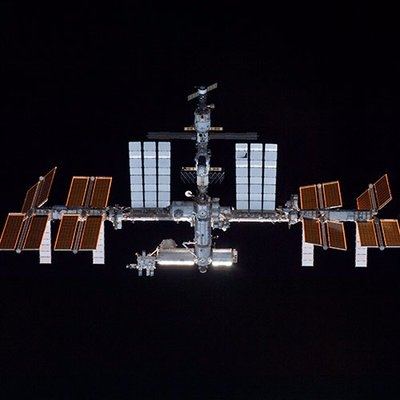
Male mice that zoomed off into outer space for a long time continue to be robustly reproductive, according to a team of researchers led by Professor Ikawa Masahito from the Research Institute for Microbial Diseases of Osaka University. They took up a joint research project with the University of Tsukuba and the Japan Aerospace Exploration Agency (JAXA).
Scientists took 12 male mice in the Japanese Experiment Module "Kibo" on the International Space Station (ISS) for 35 days and brought them back safely. In a first, the study showed that sending male mice into outer space did not impair their reproductive ability.
In the research results published in Scientific Reports, the scientists wrote in their abstract: "Only a decrease in accessory gland weight was detected in AG and MG males; however, none of the reproductive organs showed any overt microscopic defects or changes in gene expression as determined by RNA-seq."
It has been found that the human body gets affected by changes in gravity, radiation, and psychological stress in outer space. A number of technical challenges, such as inadequate animal housing inhibited the researchers from undertaking experiments to breed other mammals in space and bring them back to earth. Hence, they could not understand the impact of outer space on animals or humans, or how a stay could impact reproductive organs and fertility.
The team constructed a habitat cage unit (HCU) that was installed in the Centrifuge-equipped Biological Experiment Facility (CBEF) on the International Space Station (ISS). The scientists then placed the mice under artificial gravity or microgravity, through centrifugation. After they were brought back to earth, scientists assessed them against a "ground control" team of mice for 35 days.

The sperm production and fertilizing ability of the mice that came back from space seemed normal, compared to the team of control mice on the ground, found the scientists. They also found that the offspring of the mice remained healthy, with no impact on their reproductive ability although their forerunners stayed in outer space.
Prof. Ikawa says, "Because technological advances and the entry of private enterprises to space tourism have lowered the per person trip cost, the era where people can easily go to outer space is coming. Further analyses are necessary to examine the long-term effects of the environment in space on the male reproductive system; however, our research results will contribute to the accumulation of basic knowledge for humankind to expand the range of its activity to space."









